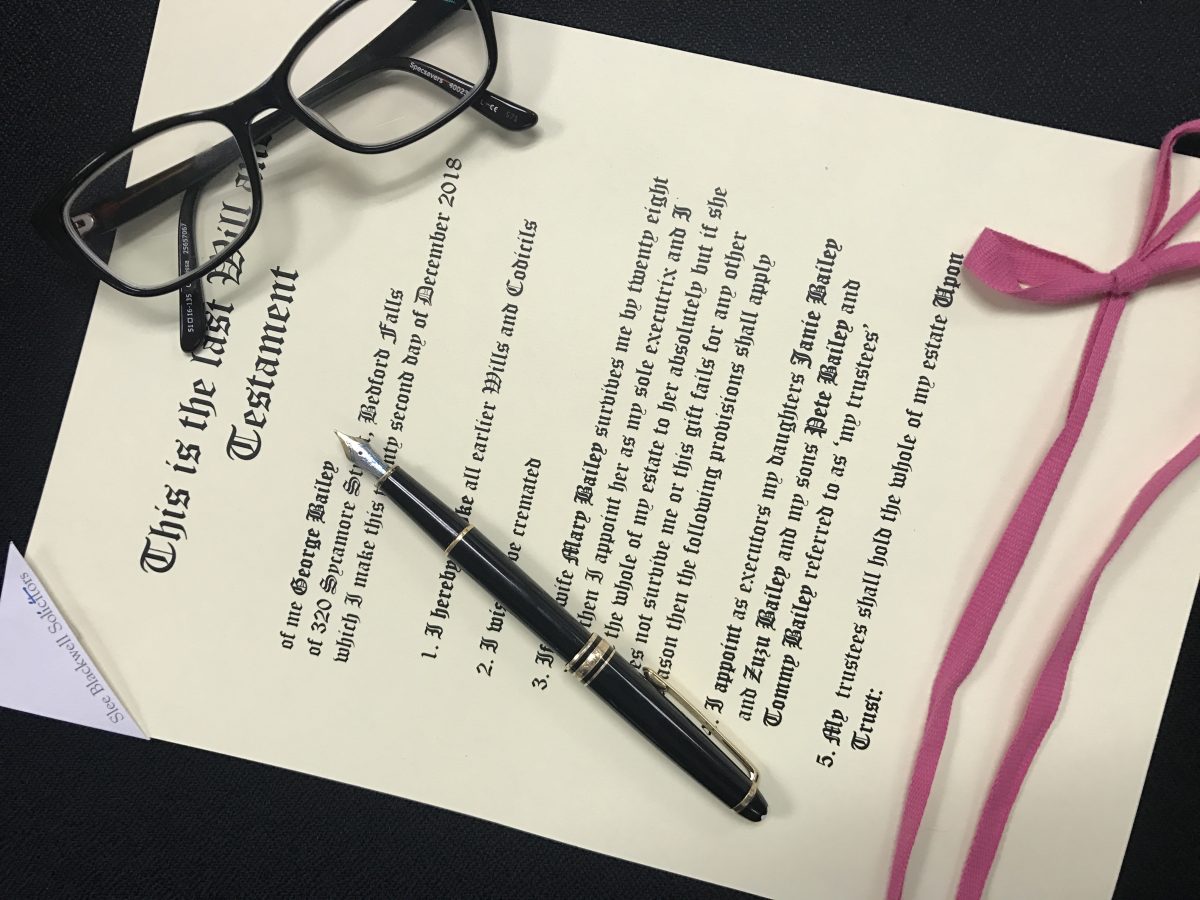If you would like to know more about how to become a deputy then contact our free legal helpline by phone or email.
What is a deputy?
If a person loses mental capacity and does not have a Power of Attorney in place, it may be necessary to apply to the Court of Protection for a Deputyship Order. There are two types of deputyship:
Property and Financial Affairs
This gives the deputy authority to manage someone’s financial affairs on their behalf. This could include paying their bills, organising their pensions and even taking advice in respect of investments.
Personal Welfare
Here, the deputy has the authority to make decisions about someone’s care, residence and medical treatment. However, a court will only appoint a personal welfare deputy in limited scenarios.
Who can apply to become a deputy?
You can apply to be appointed if you are 18 years or over. A deputy is usually a close relative or friend of the person who needs help in making decisions.
The Court can also appoint two or more deputies for the same person.
It is also possible for a professional to act as a deputy such as an accountant, a solicitor or a Local Authority. The Court of Protection can also appoint a specialist deputy, called a panel deputy, from a list of approved law firms and charities if there is no one else available to act.
What are my responsibilities?
If you are appointed then you will have numerous responsibilities. These include following the principles enshrined within the Mental Capacity Act 2005 and ensuring that you act in the best interests of the protected party. If you are managing someone’s property and financial affairs, you must keep records of the finances you manage on their behalf.
Will I be supervised?
Yes. You must provide an annual report to the Office of the Public Guardian. This will detail decisions made within the year and any financial transactions. In contrast, Attorneys appointed under a Lasting Power of Attorney will not have any reporting duties.
further help
If you need legal assistance then please contact our Court of Protection team on 0808 139 1606 or send an email to us at [email protected]

